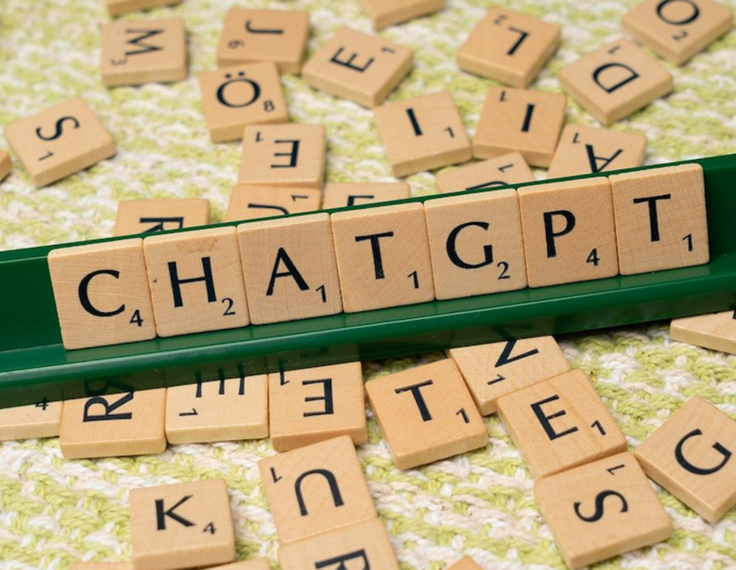Explore All Articles
All Articles
Article Topic

Reframing misinformation as informational-systemic risk in the age of societal volatility
Nuurrianti Jalli
When a bank run, a pandemic, or an election spirals out of control, the spark is often informational. In 2023, rumors online helped accelerate the collapse of Silicon Valley Bank. During COVID-19, false claims about vaccines fueled preventable harms by undermining public trust in health guidance, and election lies in the United States fed into the broader dynamics that culminated in the January 6 Capitol attack.

Towards the study of world misinformation
Piero Ronzani
What if nearly everything we think we know about misinformation came from just a sliver of the world? When research leans heavily on online studies from a few wealthy nations, we risk drawing global conclusions from local noise. A WhatsApp group of fishermen, a displaced community in a refugee camp, or a bustling market in the Global South are not marginal examples of information environments; such contexts call for an evolution of how we study misinformation.

A dual typology of social media interventions and deterrence mechanisms against misinformation
Amir Karami
In response to the escalating threat of misinformation, social media platforms have introduced a wide range of interventions aimed at reducing the spread and influence of false information. However, there is a lack of a coherent macro-level perspective that explains how these interventions operate independently and collectively.

Disparities by design: Toward a research agenda that links science misinformation and socioeconomic marginalization in the age of AI
Miriam Schirmer, Nathan Walter and Emőke-Ágnes Horvát
Misinformation research often draws optimistic conclusions, with fact-checking, for example, being established as an effective means of reducing false beliefs. However, it rarely considers the details of socioeconomic disparities that often shape who is most vulnerable to science misinformation. Historical and systemic inequalities have fostered mistrust in institutions, limiting access to credible information, for example, when Black patients distrust public health guidance due to past medical racism.

Disagreement as a way to study misinformation and its effects
Damian Hodel and Jevin D. West
Experts consider misinformation a significant societal concern due to its associated problems like political polarization, erosion of trust, and public health challenges. However, these broad effects can occur independently of misinformation, illustrating a misalignment with the narrow focus of the prevailing misinformation concept.

Structured expert elicitation on disinformation, misinformation, and malign influence: Barriers, strategies, and opportunities
Ariel Kruger, Morgan Saletta, Atif Ahmad and Piers Howe
We used a modified Delphi method to elicit and synthesize experts’ views on disinformation, misinformation, and malign influence (DMMI). In a three-part process, experts first independently generated a range of effective strategies for combatting DMMI, identified the most impactful barriers to combatting DMMI, and proposed areas for future research.

Misinformed about misinformation: On the polarizing discourse on misinformation and its consequences for the field
Irene V. Pasquetto, Gabrielle Lim and Samantha Bradshaw
The field of misinformation is facing several challenges, from attacks on academic freedom to polarizing discourse about the nature and extent of the problem for elections and digital well-being. However, we see this as an inflection point and an opportunity to chart a more informed and contextual research practice.

GPT-fabricated scientific papers on Google Scholar: Key features, spread, and implications for preempting evidence manipulation
Jutta Haider, Kristofer Rolf Söderström, Björn Ekström and Malte Rödl
Academic journals, archives, and repositories are seeing an increasing number of questionable research papers clearly produced using generative AI. They are often created with widely available, general-purpose AI applications, most likely ChatGPT, and mimic scientific writing. Google Scholar easily locates and lists these questionable papers alongside reputable, quality-controlled research.

What do we study when we study misinformation? A scoping review of experimental research (2016-2022)
Gillian Murphy, Constance de Saint Laurent, Megan Reynolds, Omar Aftab, Karen Hegarty, Yuning Sun and Ciara M. Greene
We reviewed 555 papers published from 2016–2022 that presented misinformation to participants. We identified several trends in the literature—increasing frequency of misinformation studies over time, a wide variety of topics covered, and a significant focus on COVID-19 misinformation since 2020. We also identified several important shortcomings, including overrepresentation of samples from the United States and Europe and excessive emphasis on short-term consequences of brief, text-based misinformation.
